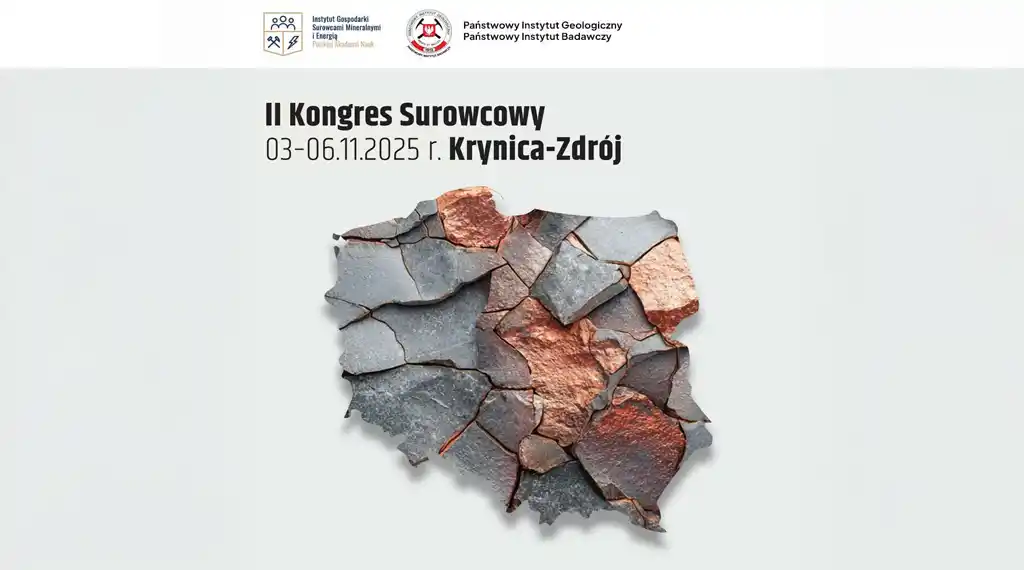
Wastes Service Group participates in the II Raw Materials Congress in Krynica-Zdrój as a sponsor of the event and Patron of Session III. It is a space where representatives of science, business and administration jointly analyze the future of raw materials in the context of industrial transformation and the development of the circular economy.
During the opening of the event, speakers included Prof. Krzysztof Galos and Prof. Krzysztof Szamałek, presenting the prospects for the development of the raw materials sector. The programme also included a speech by Dr Magdalena Piątkowska on the amendment of the Geological and Mining Law Act.
As a sponsor, we are pleased to be able to co-create a space for conversations about the raw materials of the future, support substantive discussions and continue the dialogue on the directions of development of the sector. We would like to thank Dr. Alicja Kot-Nieska for the coordination and invitation to participate in the Congress.
During the panel “Urban Mining in the era of Industry 4.0 — will waste become a source of strategic raw materials?” WSG representatives, Robert Makieła and Filip Gabryelewicz, discussed the key challenges and prospects for the development of urban mining.
We presented innovative technologies used in the Wastes Service Group plants and an author's report on the material composition of waste, identifying the potential of recovery of strategic raw materials in the urban mining model.
▪️ Poland is among the 10 most advanced EU countries in developing a circular economy, and the market for recycling of critical raw materials is growing by more than 15% per year
[Source: Report of the Ministry of Climate and Environment, 2024]
▪️ The recovery of raw materials from electronic waste and batteries can cover up to 30% of the national demand for strategic metals such as cobalt, lithium or nickel
[Source: IGSMIE PAN]
▪️ Urban mining is not only about environmental benefits, but also about strengthening the safety of raw materials and reducing dependence on imports
[Source: EU — Critical Raw Materials Act, 2023]
In 2023, 11.8% of the materials used in the European Union were recycled, reaching the highest level ever recorded. Forecasts indicate that by 2050, the amount of electro-waste could increase to about 19 million tons per year, which contains up to 1.9 million tons of critical raw materials.
The experience of the Scandinavian and Benelux countries confirms that the consistent development of urban mining really strengthens the circular economy and reduces dependence on primary raw materials.
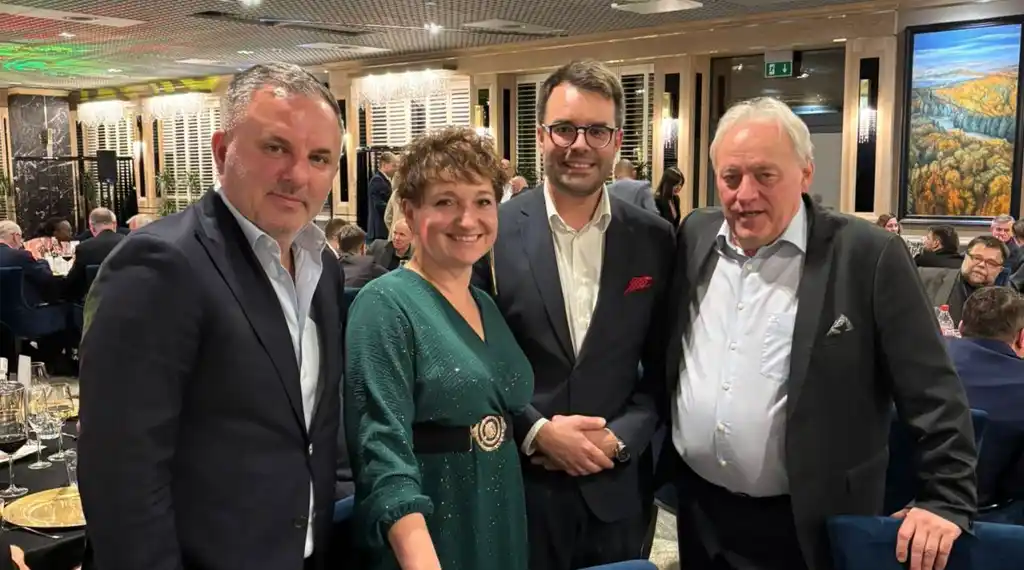
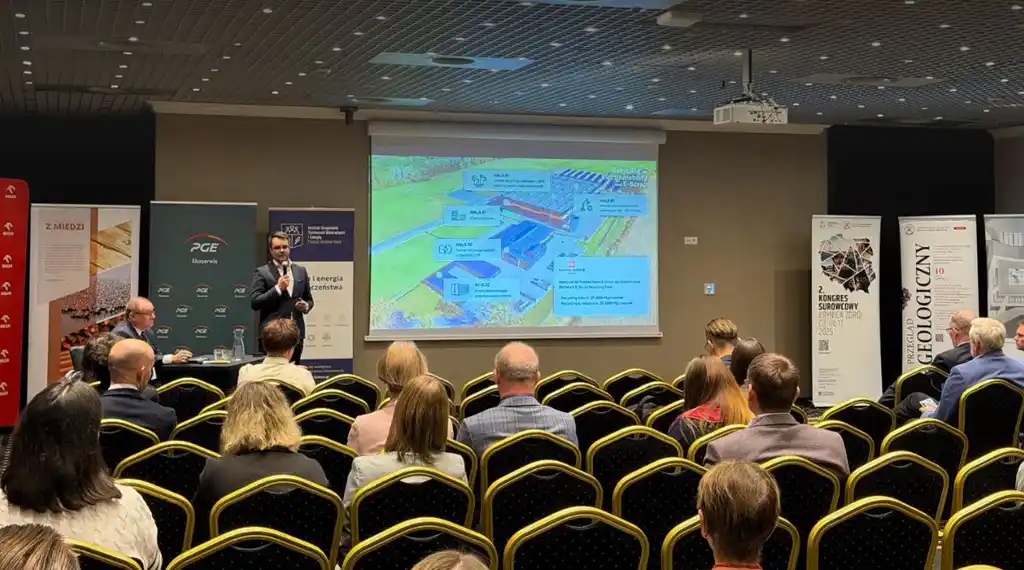
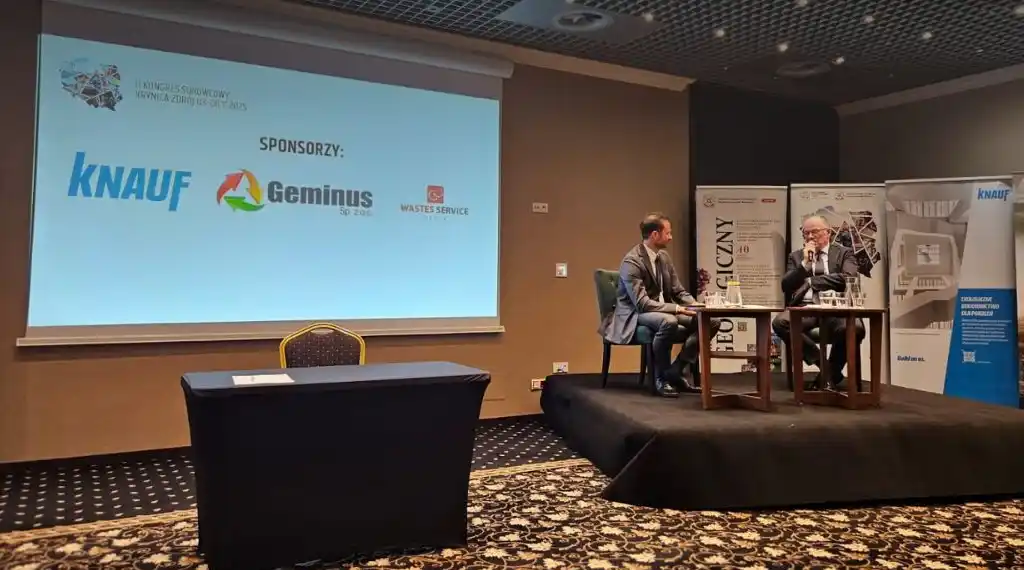
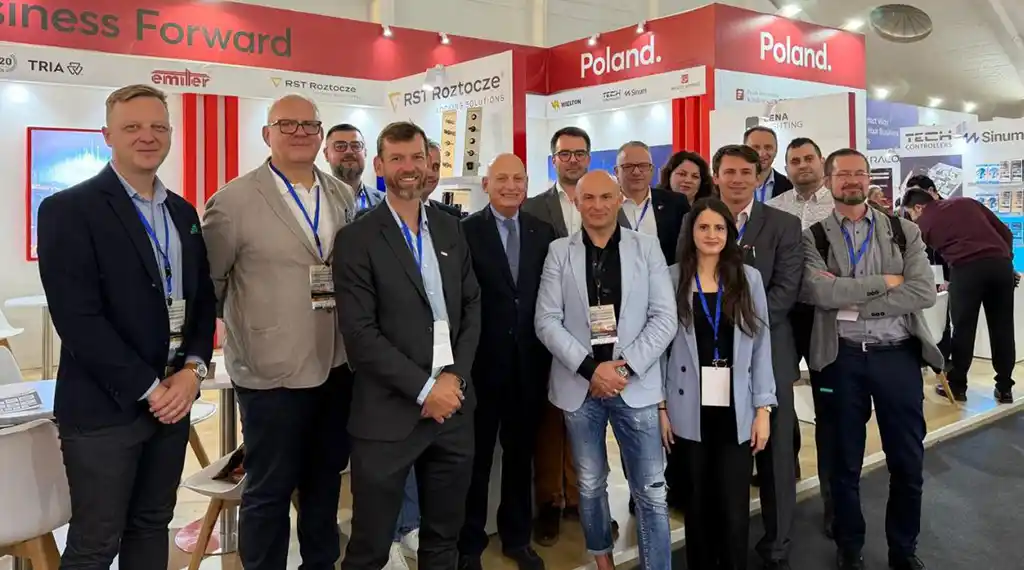
16/12/25
Wastes Service Group's participation in the ELEC Expo in Casablanca includes discussions on critical raw materials, battery recycling and stable supply chains for energy and electromobility.


16/12/25
We are pleased to announce that Wastes Service Group participates in the economic mission to Morocco, organized by the Polish Investment and Trade Agency (PAIH).

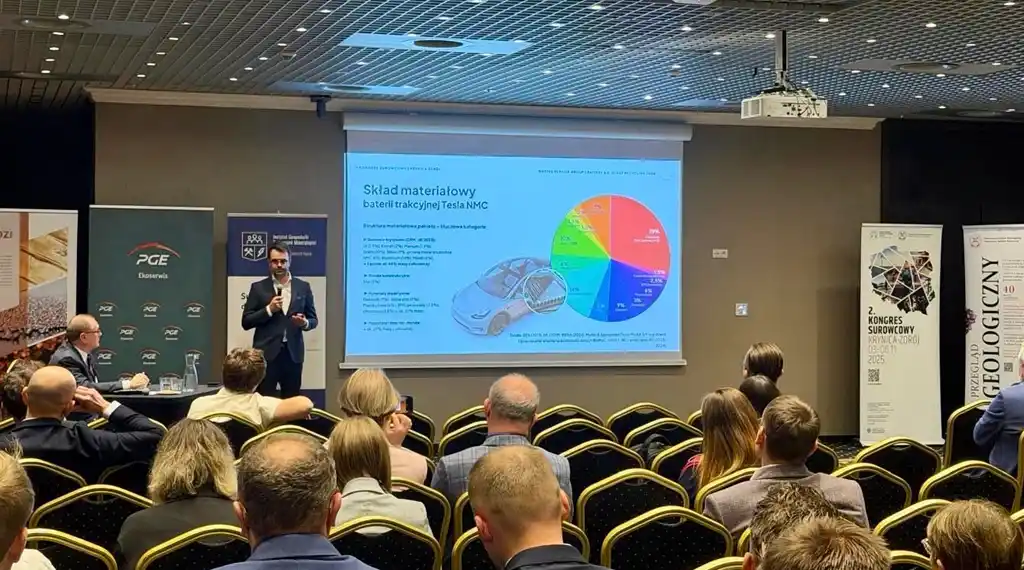
15/11/25
Wastes Service Group participates in Batteries Event 2025 in Lyon. Filip Gabryelewicz will present our new Battery & e-Scrap Recycling Park and present a practical approach to Urban Mining.
